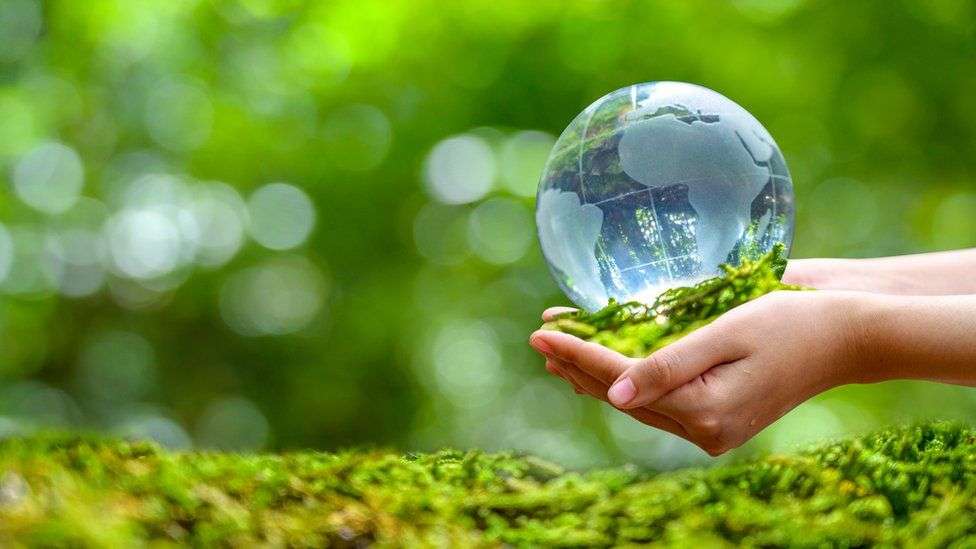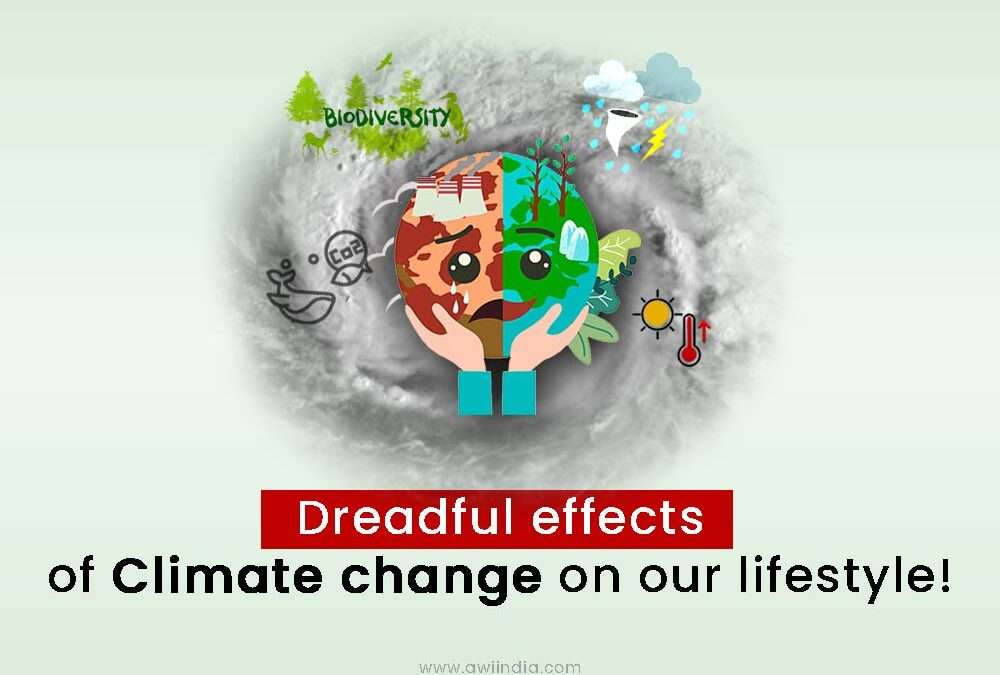Climate change? Now-a-days we are experiencing that sometimes it rains, even in winter. And now the situation has changed so much that even in summer it rains instead of summer. And it’s not normal. Have you ever thought about this? Why is this happening? Due to this happening or due to climate change, what is the impact on our lives as well as on the lives of other living beings. Somehow it’s our fault. We have harmed nature to make our life simple and convenient. So in this blog we are going to tell what is climate change? And what are its effects on our health and lifestyle?
What is climate change ? And how it affects lifestyle?
Climate change refers to the long-term alteration of global temperatures and typical weather patterns, often attributed to the increase of greenhouse gases in the Earth’s atmosphere.
The effects of climate change can be observed in a number of ways, and they can have significant impacts on the environment, human health, and the economy.
Here are several of the effects of climate change:
1. Rising temperatures:
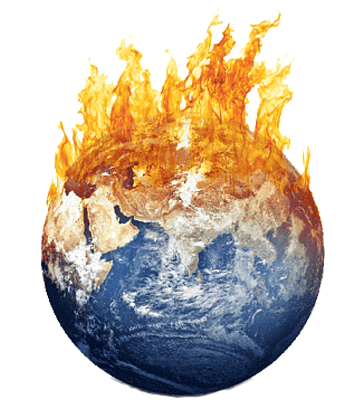
Global temperatures have risen significantly in recent decades, with the last decade being the hottest on record. Rising temperatures can lead to a range of effects, including more frequent heat waves and droughts, which can cause crop failure, food and water shortages, and health problems. India experienced a series of severe heat waves in the past few years, with temperatures soaring above 45°C in some regions. In 2020, the city of Churu in Rajasthan recorded a temperature of 50°C, the highest ever recorded in India.
2. Ocean acidification:

Ocean acidification and sea level rise are both caused by rising levels of carbon dioxide in the atmosphere. Ocean acidification has a significant impact on marine life, particularly on species with calcium-based structures. Sea level rise can lead to flooding and erosion of coastlines, as well as saltwater intrusion into freshwater sources, which can affect agriculture and drinking water supplies.
3. Extreme weather events:
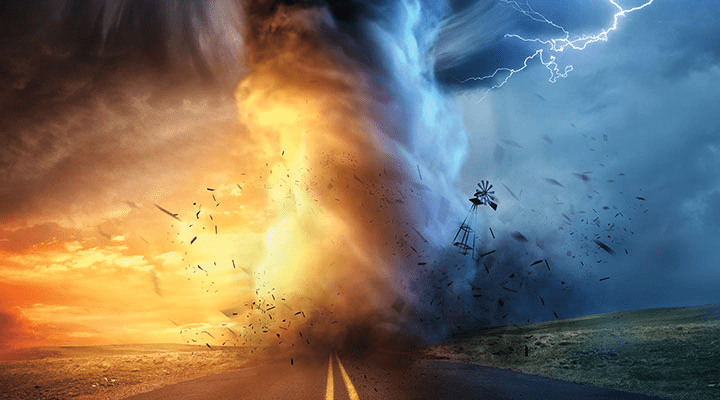
Climate change is increasing the frequency and intensity of extreme weather events such as hurricanes, tornadoes, and wildfires. Along with serious harm to infrastructure and property, these incidents often result in loss of life. In August 2019, heavy rainfall caused severe flooding in the southern state of Kerala, affecting over 1.4 million people.
4. Biodiversity loss:
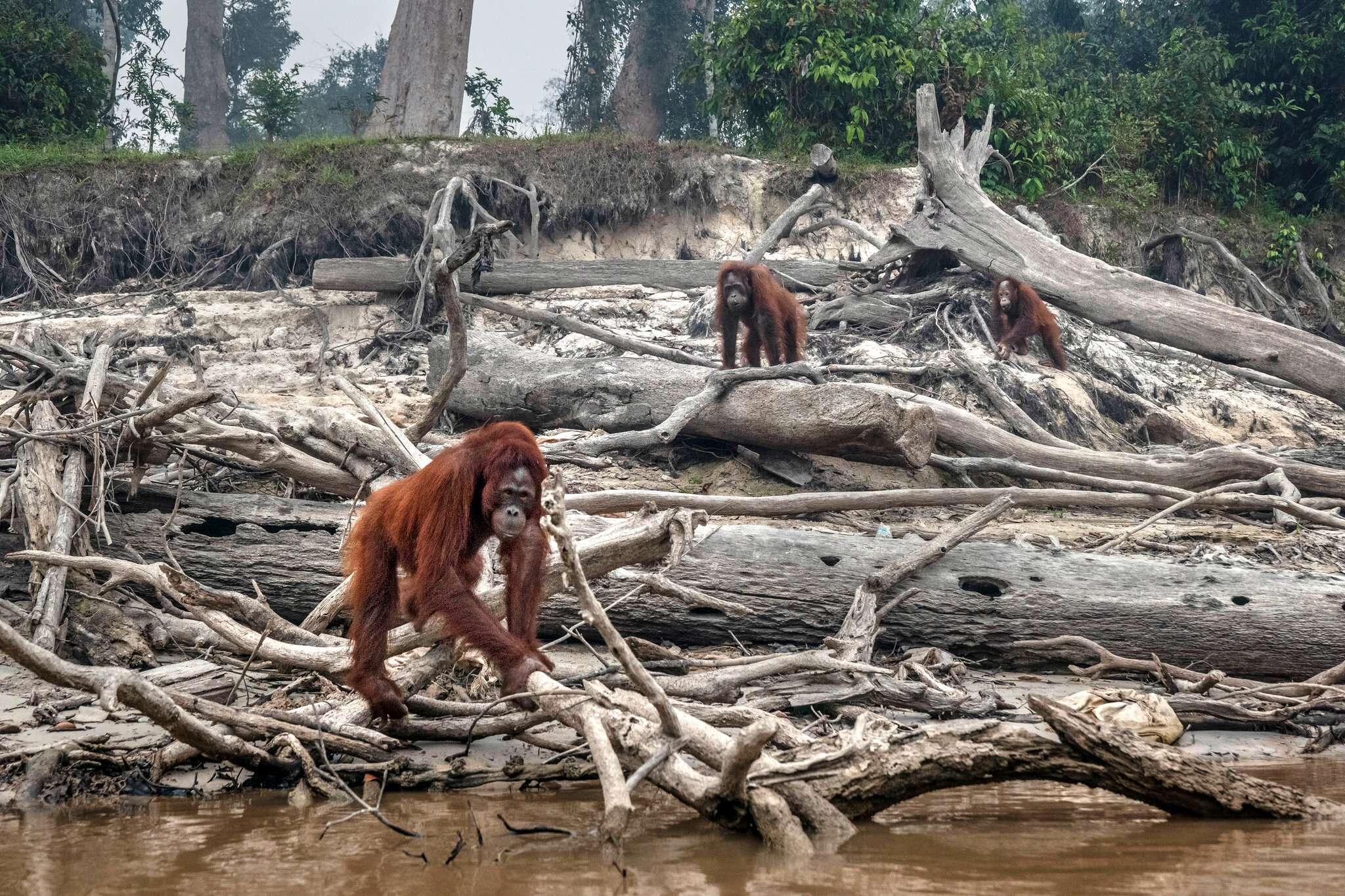
Changes in temperature and weather patterns can also impact ecosystems and biodiversity. Rising temperatures can cause shifts in plant and animal ranges, and can lead to the loss of some species. Many species are changing their behavior and life cycles in response to changing climatic conditions. For example, some bird species are laying eggs earlier in the year in response to earlier springs, and some mammals are hibernating for shorter periods.
5. Human health impacts:
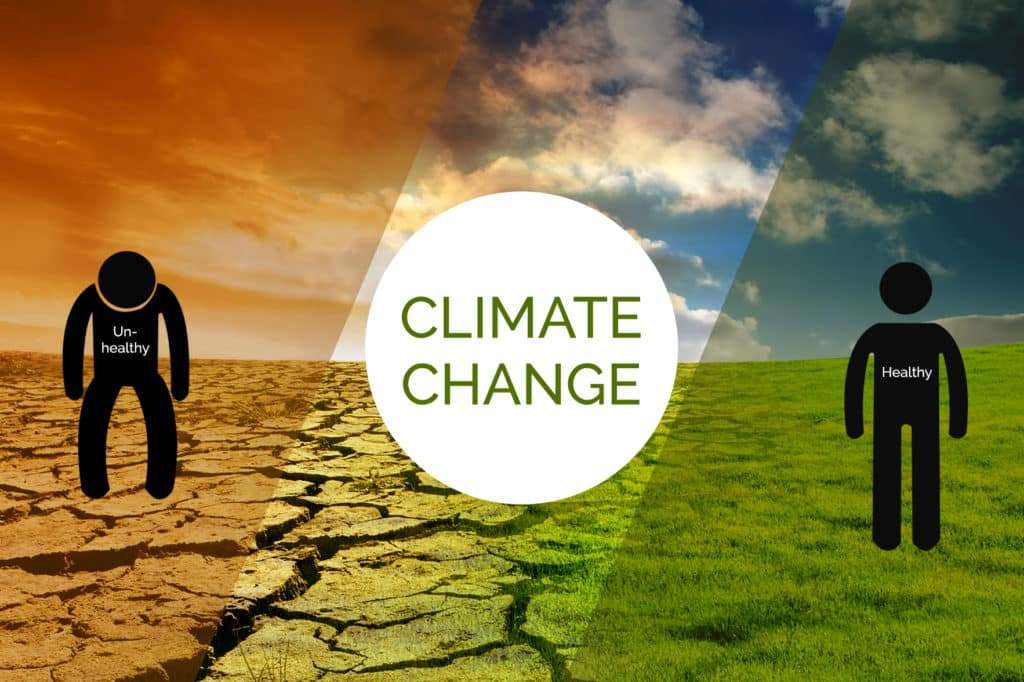
Climate change can have significant impacts on human health, including the spread of diseases, such as Lyme disease and West Nile virus, and the exacerbation of respiratory problems due to air pollution. In recent years, the Indian government has taken several measures to combat air pollution. Including the introduction of the National Clean Air Program (NCAP) in 2019.
6. Economic impacts:
Climate change can have significant economic impacts, including increased costs associated with natural disasters, reduced agricultural productivity, and damage to infrastructure. For example:
(i)Cyclone:
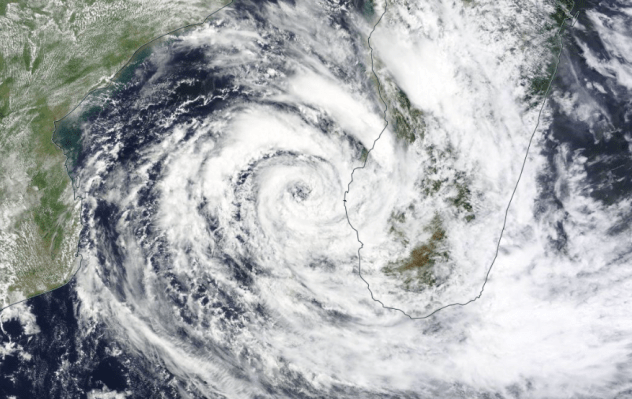
The frequency and intensity of cyclones hitting India’s coasts have increased in recent years. In May 2020, Cyclone Amphan hit the eastern coast of India, causing extensive damage to infrastructure and agriculture.
(ii) Glacial Lake Outburst Floods:
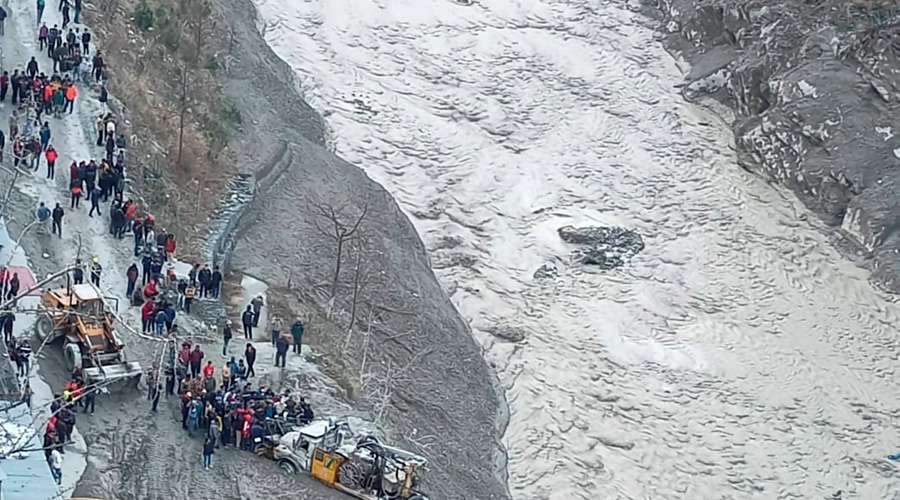
In February 2021, a glacier broke off in Uttarakhand’s Chamoli district, causing flash floods and landslides that killed at least 204 people and left several others missing. The incident was attributed to climate change-induced melting of glaciers in the region.
Overall, Climate change poses significant risks and challenges to the environment, human health, and the economy. It is essential to take action to mitigate these effects and adapt to a changing climate. Climate change has had a significant impact on the world in recent years, with increased frequency and intensity of extreme weather events. The world has taken some actions to limit the effects of climate change, but there is still a long way to go to secure a sustainable and resilient future.
